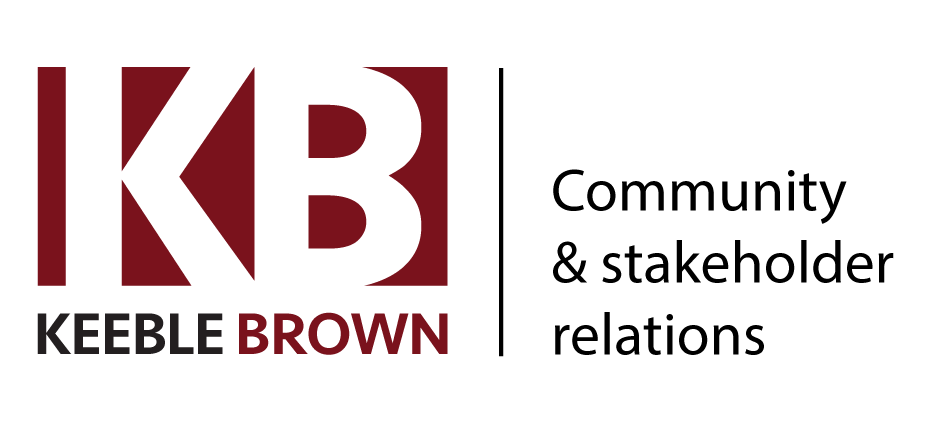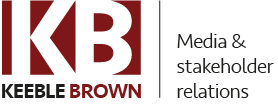
All organisations which seek to market services or products or have a mission to fulfil, know that communicating their values, vision and brand positioning are at the centre of a successful external relations strategy. With a general election coming up, the same organisations must understand that 4 July is not simply an opportunity for private individuals to exercise their vote. For organisations with a desire to be seen in their sectors, the election presents a golden opportunity to demonstrate positive civic involvement.
There are risks in engaging publicly with politics, of course. But, as Jeanette Winterson wrote, “What you risk reveals what you value” and companies need to understand and assess the risks carefully. However, organisations risk much more by remaining silent or ambiguous, during pivotal moments such as general elections.
Walking the walk
Clear, consistent, and proactive communication can demonstrate an organisation’s commitment to the communities in which they operate. It shows that they are chasing more than simply profit – that they value people, principles, and the public good. Conversely, silence can be interpreted as indifference or worse, complacency.
The lead-up to an election, when the air is thick with promises, criticisms, and speculations, provides a stage to reaffirm corporate values and align with societal priorities. For all organisations, whether in the public, private or third sector, elections are a time to be heard and to listen, to engage and to empathise. Provided you lead with honesty and integrity, this is a time to “lean in”.
Importantly, action does not need to be costly. As Homer wrote, “The charity that is a trifle to us can be precious to others.” Corporate social responsibility initiatives, community projects, and stakeholder engagements undertaken during election times can be seen as more than strategic moves. Done correctly and with the right spirit, they become acts of goodwill that can have a profound impact on public perception and trust. Rather than grand or expensive; they need to be genuine and thoughtful. An organisation that volunteers its resources to support local initiatives, for instance, is not simply filling a gap left by the state but is also investing in the civic spirit and a healthier democracy.
Finding the right voice
Powerful engagement is not about shouting loudly. Remember Shakespeare’s apt insight, “The better part of valour is discretion“. The point is to communicate wisely and with discretion, avoiding the pitfalls of partisanship. The aim is not to endorse a political party but to support the well-being of the community. This balance requires a deft touch – one that ensures the organisation’s values are clear without alienating segments of the population – it’s a fine line between Kuenssberg and Kissinger.
Proactive intelligence
The stakes during an election are high. Missteps in communication can lead to mistrust, which is difficult to rebuild. Therefore, it’s crucial for organisations to plan their communications meticulously. This planning involves understanding the delicate intersection between an electorate’s concerns and the organisation’s mission and values. It’s vital that whilst staying abreast of political developments, the organisation has the time and resources to proactively anticipate the questions and criticisms that may arise. It’s about being prepared but also being flexible enough to adapt as the political landscape shifts.
Be transparent. Always, but especially during election times. Be clear about your intentions and actions. The point is to provide stakeholders with insights into your decision-making processes. Transparency fosters trust and shows that the organisation respects its stakeholders enough to keep them informed.
When ‘“us” and “them” becomes ‘we’
Listen hard. General elections are times when public voices are loudest and most diverse. Everywhere you look there will be a flood of insights about what your stakeholders care most about Organisations that take the time to listen can gain valuable insights into the issues that matter most to their stakeholders. This listening should be active and inclusive, involving direct engagement through town halls, surveys, and social media platforms. By doing so, organisations can tailor their communications and actions to reflect the real concerns and aspirations of the community.
Moreover, elections are times when collaboration can shine. Cross discipline or cross sector, collaboration with other entities – be it nonprofits, educational institutions, or even government bodies – can really amplify impact. These collaborations can lead to innovative solutions to social concerns or issues and showcase collective commitment to community well-being.
The essence of effective communication lies in its ability to build bridges. During an election, these bridges connect the organisation to its stakeholders, fostering a sense of unity and purpose. When stakeholders see an organisation actively leading debates on issues they care about and participating in the civic process, they are more likely to feel a sense of connection and loyalty. They recognise that the organisation is not an isolated entity but an integral part of the community fabric.
Navigating public opinion requires a nuanced understanding of the socio-political environment. Properly advised, businesses can stay informed and agile, capable of adjusting their strategies as circumstances change. This agility ensures that their communication remains relevant and impactful, rather than static and outdated.
Strong, trust-based relationships are the bedrock of the organisation’s reputation and success. By engaging thoughtfully during general elections, it is possible to strengthen these relationships and demonstrate genuine commitment to the broader societal good.
This is not new
Winterson’s wisdom about risk and value underscores the importance of proactive engagement. Homer’s reflection on charity reminds us of the power of even small acts of goodwill. And Shakespeare’s advice on discretion highlights the need for careful, considered communication.
As the electoral tide rises and falls, the teams that embrace these principles can navigate the currents with confidence. They can emerge as vital contributors to the community’s civic spirit and well-being. In doing so, they demonstrate that communication is everything. The rest, indeed, is politics.


